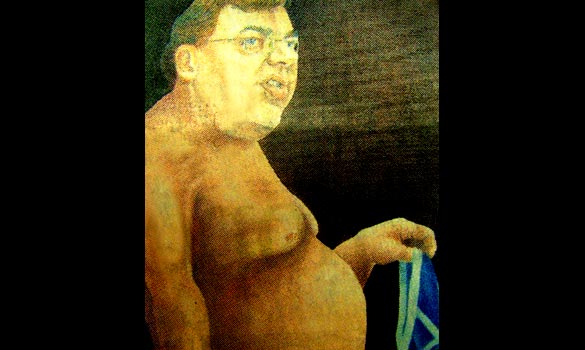Mark Anderson in thoughtful mood.
What is the fascination with technology today? Who needs another megahertz of this, or to shrink that a bit more, or to cut another ten percent off the production cost? Why would anyone care?
Oh, but this screen does this, and that drive is a little faster, and this flash chip is cheaper this year, and IBM is said to be monopolizing mainframes while Rackspace commoditizes servers. Really?
Without application to human needs, the thrill quickly wears off. Yes, when it can do something really meaningful, like provide food to a village, or health care, or clean water, then technology really is magic. But, after all the stories of this kind, how often does this really happen? Like the short-queens of the hedge fund crowd, aren’t we really, ultimately, just mostly messing with each other, on someone else’s nickel? Is it a game? And, if so, is it a game with a hidden cost as large as the hedge queens’?
What can we do to make technology, or anything, meaningful ? Maybe we need to re-allocate our teams, and put more emphasis on revolution, on real science, and less on evolution, or incremental change. Will technology be the answer to the world’s energy problems? Or will we discover that Clean Coal is really nothing but a PR ploy? How many of us are working on real problems, and how many on improving the next MP3 player? Can we tell the difference?
A sobering question for those of us who gambol delightedly in fields of gadgetry. Also I wonder what the gender dimension of this is: although there are some very distinguished women in this space (I think, for example, of Karlin Lillington and Laura James and the late, great Karen Sparck-Jones) it seems a predominately male playground. And I’m reminded of a lovely story Dave Barry told years ago when the Humvee was first released in civilian form and he was given one for a day. He relates how he proudly took his wife for a drive.
“So what can it do?” she asked.
“Lots of cool stuff” replied Dave.
“Like what?”
“Well”, said Dave, “I can inflate or deflate the tyres while we’re driving along.
“Why?” asked his wife.
He had no answer. I suspect that lots of us are really in that position. The stuff is endlessly fascinating, sure. But does it really matter? Isn’t much of it just leading-edge uselessness?



